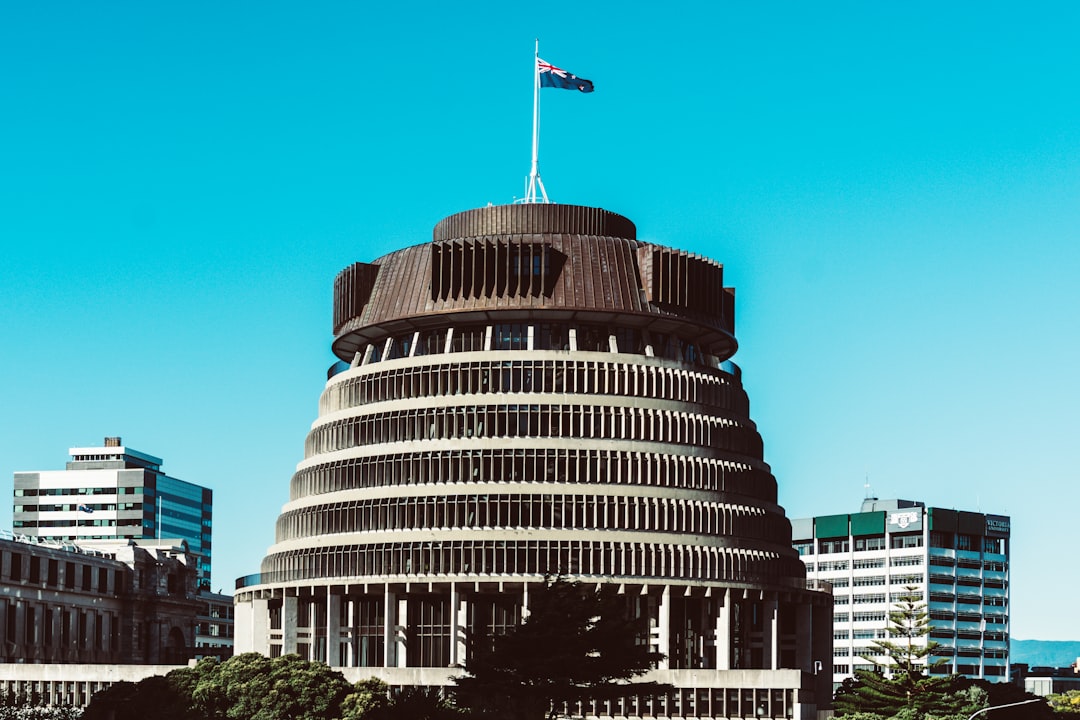Meka Whaitiri's Departure from the Labour Party: A Wake-up Call for the Māori Caucus
The broader question posed by Whaitiri’s move is where the Māori caucus is more effective: inside or outside Labour?

Jacinda Ardern may have left New Zealand politics but her announcement in mid-January that she would step down as Prime Minister and Leader of the Labour Party seems to have set the tone for much soul-searching by MPs during this election year.
Most notable has been the announcement made last week by Labour Minister Mek…
Keep reading with a 7-day free trial
Subscribe to Cranmer’s Substack to keep reading this post and get 7 days of free access to the full post archives.



